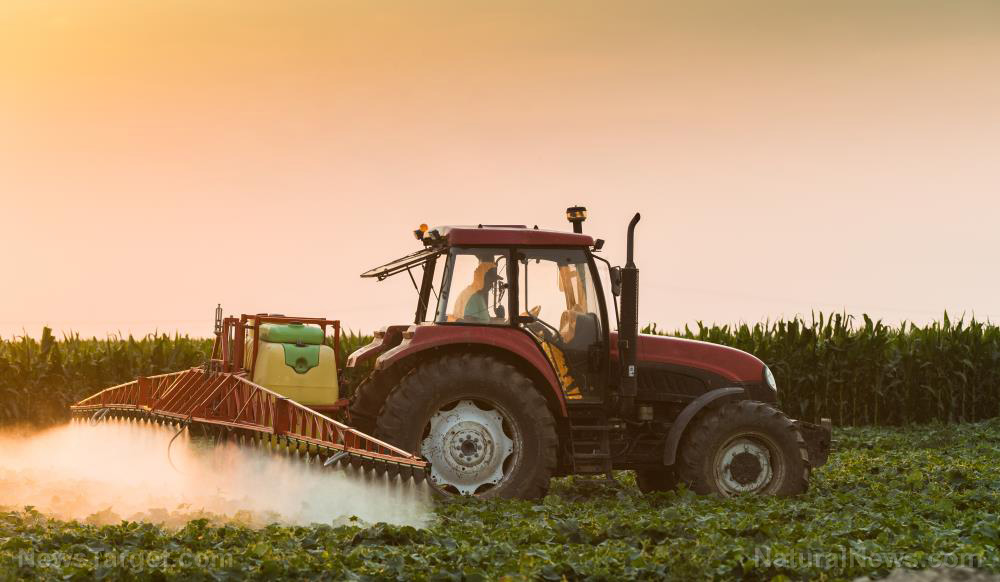Industrial Agriculture Challenges And Alternatives
Industrial agriculture has been a topic of debate for many years, with various myths and misconceptions surrounding it. In this post, we aim to debunk these myths and shed light on the truth about industrial agriculture. It is important to understand the realities of this practice in order to make informed decisions about our food choices and the impact they have on our health, the environment, and our society.
What is industrial agriculture? It is a modern farming system that relies heavily on technological advancements, such as machinery, chemical inputs, and genetic modifications, to produce large quantities of food. This method is often used by large-scale commercial farms to meet the growing demand for food in an efficient and cost-effective manner.
Despite its prevalence, industrial agriculture has faced criticism for various reasons. However, it is crucial to separate fact from fiction and base our opinions on accurate information.
Ideas For:
- Supporting Sustainable Agriculture
- Promoting Organic Farming
- Exploring Local Farmers Markets
- Advocating for Food Education
- Encouraging Community Gardens
Recommendation For:
- Growing Your Own Food
- Reducing Food Waste
- Supporting Regenerative Agriculture
- Choosing Locally Sourced Products
- Being Mindful of Food Packaging
Listicle of Common Myths About Industrial Agriculture
- Industrial agriculture harms the environment.
- It leads to the loss of biodiversity.
- Industrial agriculture relies heavily on synthetic pesticides and fertilizers.
- This method leads to the degradation of soil quality.
- It promotes the excessive use of water resources.
- Industrial agriculture contributes to climate change.
- It creates food that is less nutritious.
- Industrial agriculture is detrimental to animal welfare.
- This practice results in the decline of small-scale farmers.
- Industrial agriculture is only concerned with profit and disregards ethical considerations.
Question & Answer
Q: Does industrial agriculture have any positive aspects?
A: Yes, industrial agriculture has certain benefits. It allows for increased food production to meet the demands of a growing population, and the use of machinery can improve efficiency and reduce labor-intensive tasks.
Q: Why is organic farming often considered an alternative to industrial agriculture?
A: Organic farming focuses on sustainable practices, avoiding synthetic pesticides and fertilizers. It promotes biodiversity, soil health, and the use of natural methods to manage pests and diseases.
Summary of the Truth About Industrial Agriculture
Industrial agriculture is a complex and multifaceted practice that has both advantages and disadvantages. It is crucial to critically evaluate the information we receive and form opinions based on reliable and accurate data. By supporting sustainable and regenerative agricultural practices, we can work towards a more balanced and equitable food system that prioritizes the well-being of our planet, our communities, and ourselves.

Post a Comment for "Industrial Agriculture Challenges And Alternatives"